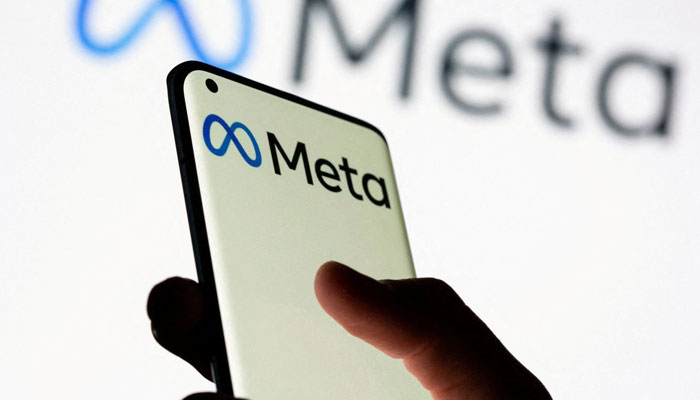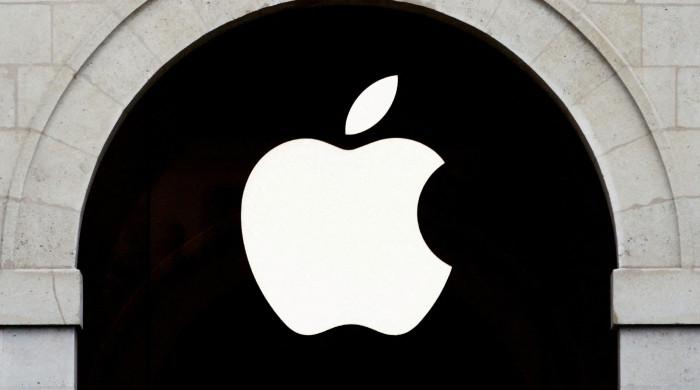Meta decides to end blanket ban on use of word 'shaheed'
No exceptions were allowed for reporting on, neutrally discussing term resulting in unfair censorship
July 03, 2024

- Meta's Oversight Board suggested major changes in company policy.
- Review assessed effect on people living in conflict-hit areas.
- Ban resulted in content being unfairly taken down, says board.
Tech giant Meta, which owns prominent social media platforms such as Facebook and Instagram, has decided to end its blanket ban on the use of the word "shaheed" (martyr) which had unfairly led to the censoring of millions of users across the globe.
The move comes after Meta accepted its Oversight Board's recommendation suggesting major changes in the company's policy following its extensive review which assessed that the blanket ban might be censoring those speaking about violence in conflict-hit places such as Gaza and Sudan.
The word "Shaheed", which Meta itself has accepted to being subjected to one of the most over-enforced blanket bans, has long been censored and removed by the tech company which till now, considered it to be a referral to "entities named in the Dangerous Organizations and Individuals (DOI) policy".
No exceptions were allowed for reporting on, neutrally discussing or condemning the term which resulted in millions of users, especially from Arabic-speaking and Muslim communities, having content unfairly taken down, noted the Oversight Board.
However, it was assessed that the word has various meanings — several of which are not aimed at praising, glorifying or approving violence, it added.
The board stresses that the policy change is expected to have a "swift impact" on content when it is taken down.
Welcoming the development, Oversight Board member Paolo Carozza said: "This change may not be easy, but it is the right thing to do and an important step to take. By vowing to adopt a more nuanced approach that will better protect freedom of expression, while also ensuring the most harmful material is still removed."











